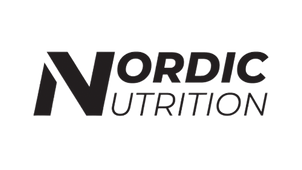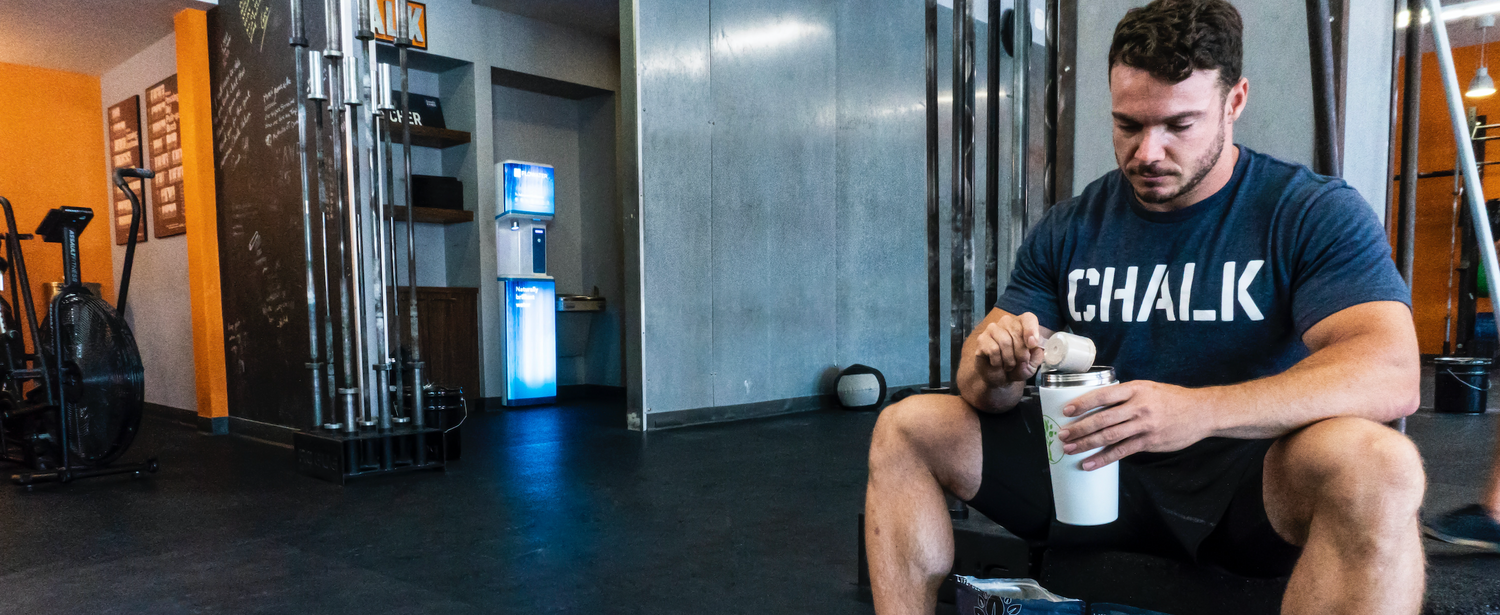As more individuals adopt plant-based lifestyles, the quest for vegetarian sources of protein becomes increasingly crucial. The misconception that animal products are the sole gateway to protein is rapidly dissipating, and the world of nutrition is flourishing with an abundance of vegetarian protein sources.
In this article, we'll delve into to plant protein, discovering compelling options that cater to both taste buds and health needs.
Importance of Protein for Vegetarians
Protein is a fundamental building block for our bodies, playing a pivotal role in muscle growth, repair, and overall bodily functions. Vegetarians, who exclude meat from their diets, must pay extra attention to meeting their protein requirements. However, the worry of inadequate protein intake can be put to rest, given the plethora of plant-based alternatives available.
Diverse Plant-Based Protein Options
From legume powerhouses like lentils and chickpeas to nuts, seeds, and unexpected protein-packed veggies, explore a world of plant-based goodness that fuels your body with deliciously diverse protein sources.
-
Legumes: Powerhouses of Protein
Legumes, such as lentils, chickpeas, and black beans, stand tall as one of the most reliable protein vegetables. Packed with fiber and essential nutrients, legumes offer a substantial protein punch. A single cup of cooked lentils, for instance, boasts around 18 grams of protein. These versatile ingredients can be featured in hearty soups, stews, or even transformed into delectable veggie burgers.
-
Vegan Protein Powder
In the realm of vegetarian protein sources, vegan protein powder has emerged as a popular option. Made from plant sources like pea, rice, hemp, and soy, these powders offer a concentrated protein boost for shakes, smoothies, and baking. Improved taste and texture, thanks to food technology, cater to different preferences.
-
Nuts and Seeds: Compact Protein Punch
Tiny yet mighty, nuts and seeds provide a compact source of protein. Almonds, chia seeds, and pumpkin seeds are examples of nutrient-dense options that contribute to a well-rounded diet. Sprinkling a handful of nuts onto your morning yogurt or adding seeds to your smoothie can significantly elevate your protein intake.

-
Grains and Cereals: Surprising Protein Sources
Whole grains like quinoa, bulgur, and farro surprise many with their protein content. Unlike refined grains, these nutritional powerhouses retain their protein-packed bran and germ. With about 8 grams of protein per cup of cooked quinoa, these grains serve as excellent bases for nourishing salads or Buddha bowls.
-
Veggies: Unveiling Protein-Rich Picks
While vegetables might not be synonymous with high protein content, certain picks stand out. Broccoli, spinach, and Brussels sprouts are among the sources of protein for vegetarians. Although their protein content per serving is modest, incorporating a variety of protein-rich veggies into meals adds up, supporting overall protein goals.
-
Combining Proteins for Complete Nutrition
Creating complete protein profiles is achievable by combining different plant-based sources. Pairing legumes with grains, such as beans with rice, enhances the amino acid composition. This strategic blending ensures that your body receives all essential amino acids, promoting optimal health.
Read more about how to get protein into your diet as a vegan athlete here.
The Role of Supplements for Vegetarian Protein
While a balanced diet forms the foundation, supplements can offer a safety net. Especially for those with higher protein needs, incorporating protein supplements derived from sources like soy, pea, or rice can be beneficial. Consultation with a healthcare professional can guide you in determining whether supplements are necessary for your dietary plan.
Embracing a Balanced Vegetarian Diet
Remember, a diet solely focused on protein might neglect other vital nutrients. A holistic approach, embracing a variety of vegetables, fruits, whole grains, and healthy fats, ensures comprehensive nutrition. Strive for a colorful plate that mirrors the vibrant spectrum of plant-based foods.
FAQ:
- Can I get enough protein from a vegetarian diet alone?
Absolutely! With careful planning and the inclusion of diverse protein sources, meeting your protein needs is attainable.
- Are there any risks associated with excessive protein intake?
While protein is essential, overconsumption can strain the kidneys. Maintaining a balanced intake is key.
- How do I ensure I'm getting all necessary amino acids?
Combining various plant-based protein sources throughout the day ensures a comprehensive amino acid profile.
- Are there protein options for vegans as well?
Certainly! Many vegan protein sources, like tofu, tempeh, and seitan, offer substantial protein content.
- Can I build muscle on a vegetarian diet?
Absolutely. Pairing a well-planned vegetarian diet with consistent strength training can lead to successful muscle gain.





